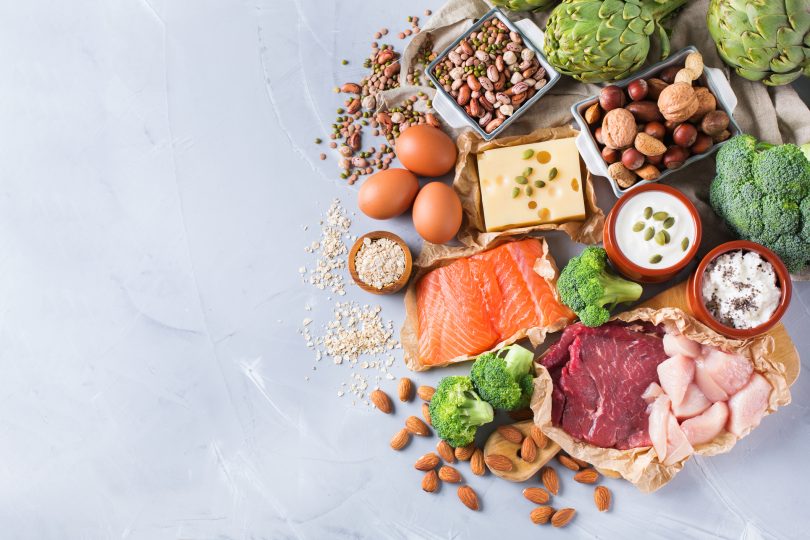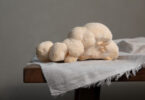If you suffer from some kind of urinary incontinence, you are certainly not alone. Some 25 million people in the United States live with urinary incontinence, with 75 to 80 percent of them being female.
The condition affects nearly 200 million people worldwide, and one in four women over the age of 18 will experience episodes of leaking involuntarily.
Incontinence varies in its causes and manifestations. You can suffer from stress incontinence — which tends to be activated by strenuous physical activity, overflow incontinence, urge incontinence (also called overactive bladder), functional incontinence and total incontinence.
Most health professionals, in addition to recommending a list of specialized incontinence products — such as protective underwear and adult diapers — also recommend things like pelvic floor exercises to help combat incontinence.
Incontinence is also, however, affected by a number of different foods and beverages that should be either included in or cut out of your diet.
Below are some of the most common foods and beverages that affect incontinence.
Foods and beverages to avoid
Incontinence means making lifestyle changes to help avoid leakage, and there are certain foods and beverages that can exacerbate the problem.
Things to avoid include:
- Caffeinated beverages and food
- Alcohol
- Spicy foods
- Citrus fruits and juices
- Carbonated beverages
- Milk and milk products
- Sugar or honey
- Artificial sweeteners
All of the above foods and beverages contain various irritants which, when they collect in your bladder, often cause your bladder muscles to spasm, resulting in leakage. They can also prompt a sudden urge to urinate and increase the frequency of your urination.
Caffeine and alcohol are well known diuretics, meaning that they prompt your kidneys to produce more urine. In fact, it only takes a little more than 250 milligrams of caffeine per day to irritate the bladder and spur urge incontinence, according to University of Colorado Urogynecology, a female pelvic medicine practice.
Starbucks lovers, be warned: The coffee chain has some of the highest caffeine amounts in its coffee. One 8-ounce cup of brewed coffee contains about 180 mg of caffeine while a 20-ounce cup contains 415 mg, according to UC Urogynecology. Other drink offerings, including cappuccino, espresso and iced coffees, contain slightly less caffeine than the brewed coffees.
It is recommended, therefore, that people experiencing regular incontinence either abstain from caffeine altogether, or switch to decaf.
What to eat and drink
Managing urinary incontinence also means incorporating foods and beverages into your diet that will make your life easier and your condition more predictable. These include things like:
- Non-citrus fruits
- Grains
- Legumes
- Vegetables
If these seem like simple ingredients, that is because they are. Dr. Jean Fourcroy, a Washington, D.C.,-based urologist and former Federal Drug Administration medical examiner, suggests making your diet as simple and as clean as possible. Constipation can exacerbate urinary incontinence, so a higher fiber diet is key.
Controlling your intake
It is also recommended that people with urinary incontinence problems avoid consuming a large amount of liquid in a single sitting. Six to 8-ounce glasses of fluid daily is suggested — any more and you could place added strain on your bladder and complicate matters further; any less and you may end up concentrating your urine and irritate your bladder and urinary tract. Juices such as apple, grape, cranberry and cherry are okay to drink, as they won’t irritate your bladder and also prevent the spread of bacteria.
Living with urinary incontinence requires some lifestyle changes, which inevitably means adding and cutting certain things to and from your diet. What we eat and drink becomes routinized over time, and it can be difficult to make wholesale dietary changes. But with a bit of perseverance and a dedication to managing your condition, careful selection of what and how you eat and drink can make dramatic improvements to your quality of life.
Mike Barr is an incontinence specialist and founder of www.MedproDirect.net. He has been writing on a wide range of topics related to senior care for more than 10 years now.







